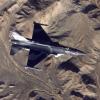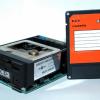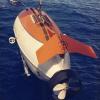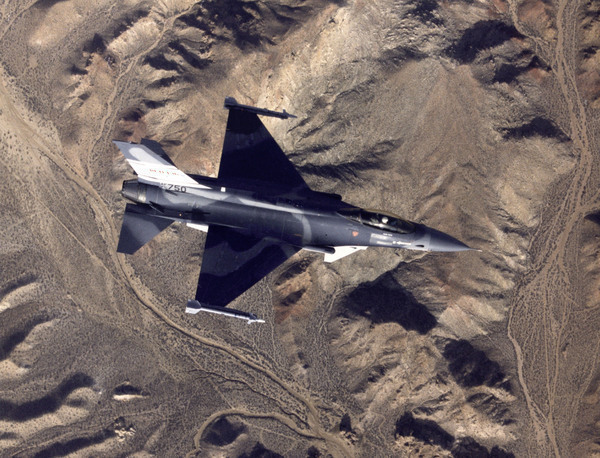Reverse flow
When considering the history of East-West relations during the Cold War, the transfer of technology is usually understood as a one-way flow. Although this was indeed the predominant direction, the disparities were not as significant as many believe.
Between 1965 and 1985, Eastern European countries, including Yugoslavia, purchased 2400 licenses; however, they also sold 1500 technologies to the West. Some of these were founded originally in research institutes and companies working for the military industry and had a potentially strategic importance. For example, two American companies, Kaiser Aluminum and Reynolds Aluminum, bought the technology of electromagnetic casting of aluminum alloys, which was developed at Kuibyshev metallurgical works, an establishment of the Soviet aviation ministry. Russians also sold the West licenses for their methods of producing titanium sponge and cold rolling of tubes.
The latter was purchased by an American company, Universal Oil Tubes, to make hydraulic tubing under an Air Force contract. Another example of utilizing Eastern technology in Western warfare is the F-16, in which the General Dynamics Company used high-precision optical equipment licensed from the GDR. In general, the licensing policy of CMEA countries, which suffered from a chronic lack of hard currency, was more liberal than that pursued by the United States and, under US pressure, by other Western states.
None of these technologies would have been sold to the East if they had been developed in the "free world" instead.
 Previous Story
Next Story
Previous Story
Next Story
How to cite this page
Slawomir Lotysz, 'Reverse flow', Inventing Europe, http://www.inventingeurope.eu/knowledge/reverse-flow
Sources
- Wilczynski, Jozef. "The East-West Technological Gap and the 'reverse' flow of technology." Acta Oeconomica 15, no. 3/4 (1975): 293-307.




















